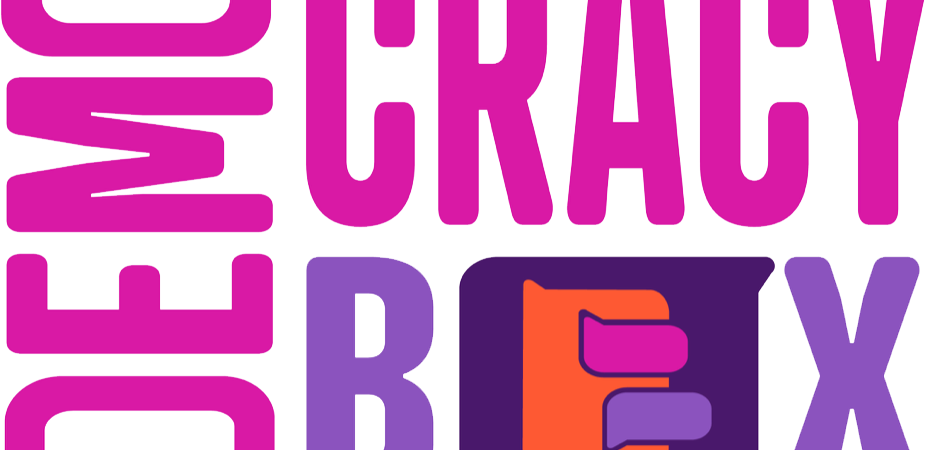
Omidaze are delighted to be continuing to partner closely with the Electoral Commission as their Youth Voice partner in Wales and to have contributed to their report published this week.
“This report looks at how the May 2022 elections in Wales were run, how voters and campaigners found taking part, and what lessons can be learned for the future. We have reported separately on elections held in England, Northern Ireland and Scotland.
On 5 May elections took place across the 22 local authority areas in Wales.
Turnout at these elections was lower than at previous comparable elections, and was lowest for voters under 35 years of age. Further education and engagement is recommended to support newly enfranchised voters to understand and participate in Welsh elections.
In 2022 there was a decrease of 4% in turnout for the local government elections (38%) compared to 2017 (42%). People were most likely to tell us that they didn’t vote because of:
- lack of time/too busy (18%)
- not interested/fed up with politics (12%)
- vote wouldn’t have made a difference to the outcome/ doesn’t count (11%)
- medical/health reasons not related to COVID-19 (9%)
- didn’t like the candidates/parties/they didn’t represent my views (8%)
94% of people who voted said they were able to use their preferred method of voting (in person, by post or by proxy). This figure was lower amongst in-person voters with a disability or health condition (82%)
Further education and engagement is recommended to support new voters to understand and participate in Welsh elections
The Local Government and Elections Wales Act 2021 extended the voting franchise for Welsh local government elections to 16 and 17 year olds and qualifying foreign citizens.
To ensure new voters understood this change and knew how to register, we worked with the Welsh Government and partners across Wales to encourage registration and educate new voters about their vote.
Ahead of the elections, we developed our democratic education work to help young people understand how to get involved in the democratic process. We published updates to our resources for educators, all linked to the current Welsh curriculum.
We partnered with The Democracy Box and have been working with the project’s young co-creators and focus group participants aged 16-26 to gain feedback on our resources for young people.
Feedback from young people and partners involved in our education work has consistently shown:
- a lack of understanding as to how to participate in our democratic process
- a lack of motivation to engage in elections due to insufficient knowledge about candidates, parties and the process in general.
Our Public Opinion Tracker 2022 research (carried out in February 2022) also found that:
- 77% of parents think it’s important that children learn the basics about politics, voting and democracy at school
- more parents think the information their children get around politics, voting and democracy at school is insufficient (31%) than sufficient (22%)
The Democracy Box’s Youth Voice evaluation report recommended that:
“Democratic education should start young and be embedded into the curriculum, but continue as young people go on to do different things in different places in both formal and informal education settings and beyond.”
The New Curriculum for Wales aims to support learners to become ‘ethical, informed citizens who understand and exercise their human and democratic responsibilities and rights.’ There is therefore an opportunity for democratic awareness to be woven consistently through education, rather than being a standalone topic during an election.
We will continue to build on the work already delivered by engaging further with young people and educators across Wales, and with the Welsh Government, to identify more themes and topics our resources can address and to provide teacher training. We will work closely with the Welsh Government to ensure our resources can effectively support the delivery of democratic education in schools through the new curriculum”